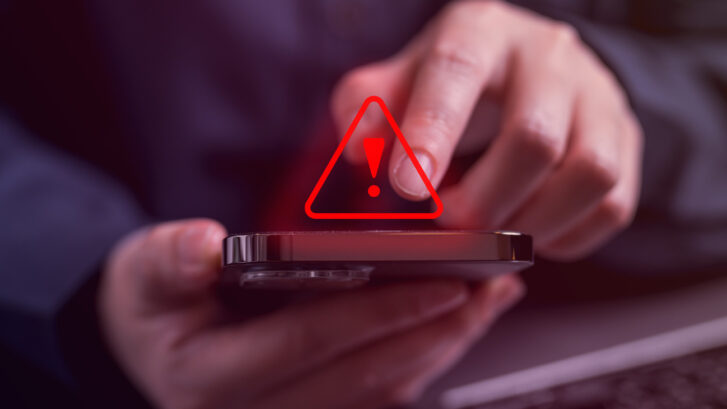Beware of Amazon Scam Calls: How to Identify and Protect Yourself
With over 4.3 Billion robocalls last month alone, scam calls have become a prevalent issue, with fraudsters employing sophisticated tactics to deceive individuals. Among these, Amazon scam calls stand out as particularly insidious, targeting unsuspecting customers of one of the world’s largest online retailers. This article aims to provide comprehensive guidance on identifying Amazon scam calls and implementing effective strategies to protect yourself.
Understanding Amazon Scam Calls
Amazon scam calls are fraudulent phone calls made by individuals pretending to be representatives of Amazon. These calls typically involve scammers alleging issues with your Amazon account, such as unauthorized purchases, compromised account security, or problems with a recent order. The ultimate goal is to deceive you into divulging sensitive information or making payments under false pretenses.
Identifying Common Signs of Amazon Scam Calls
- Unsolicited Contact: Genuine Amazon representatives rarely initiate unsolicited calls to customers. Be wary of any unexpected calls claiming to be from Amazon, especially if they request personal information or payment details.
- Pressure Tactics: Scammers often use pressure tactics to create a sense of urgency. This includes insisting on immediate action to resolve fictitious account issues or claiming that your response is required to prevent account closure.
- Request for Sensitive Information: Any request for personal information, such as your Amazon password, credit card details, or other financial information, is a red flag. Amazon’s official communication channels will never ask for such details over the phone.
- Inconsistencies and Errors: Pay attention to inconsistencies or grammatical errors in the caller’s speech, which can indicate a scam. Professional Amazon representatives maintain a high standard of communication.
Effective Strategies to Protect Yourself
- Verify the Caller’s Identity: If you receive a suspicious call claiming to be from Amazon, do not provide any information. Instead, hang up and contact Amazon’s official customer service directly through the website to verify the authenticity of the call.
- Enhance Account Security: Regularly update your Amazon account password and enable two-factor authentication (2FA) to add an extra layer of security. This makes it more difficult for scammers to access your account even if they have some of your information.
- Be Cautious with Personal Information: Never share personal or financial information over the phone unless you are absolutely sure of the caller’s identity and the necessity of providing such information.
- Report Suspicious Calls: Help combat scam calls by reporting them to Amazon and relevant authorities. This not only helps you but also assists in preventing others from becoming victims.
- Stay Informed: Keep yourself updated on the latest scam tactics by regularly visiting reputable websites and forums that discuss online security and fraud prevention.
Find out who is calling you
Conclusion
Amazon scam calls pose a significant threat to personal security and privacy. By staying informed and vigilant, you can effectively identify and protect yourself from these fraudulent activities. Remember, your first line of defense is awareness and caution. Should you encounter a suspicious call, follow the strategies outlined in this article to safeguard your information and report the incident to help prevent further scams.





